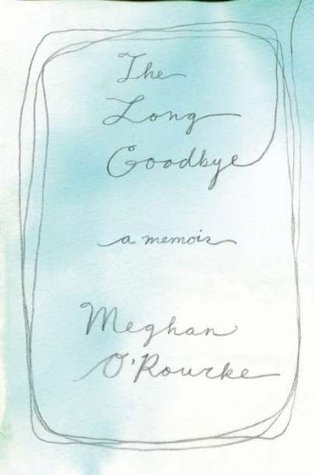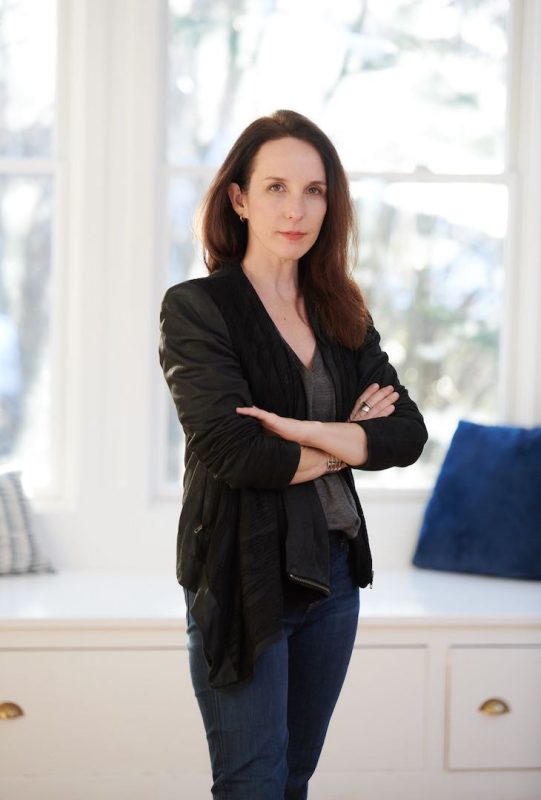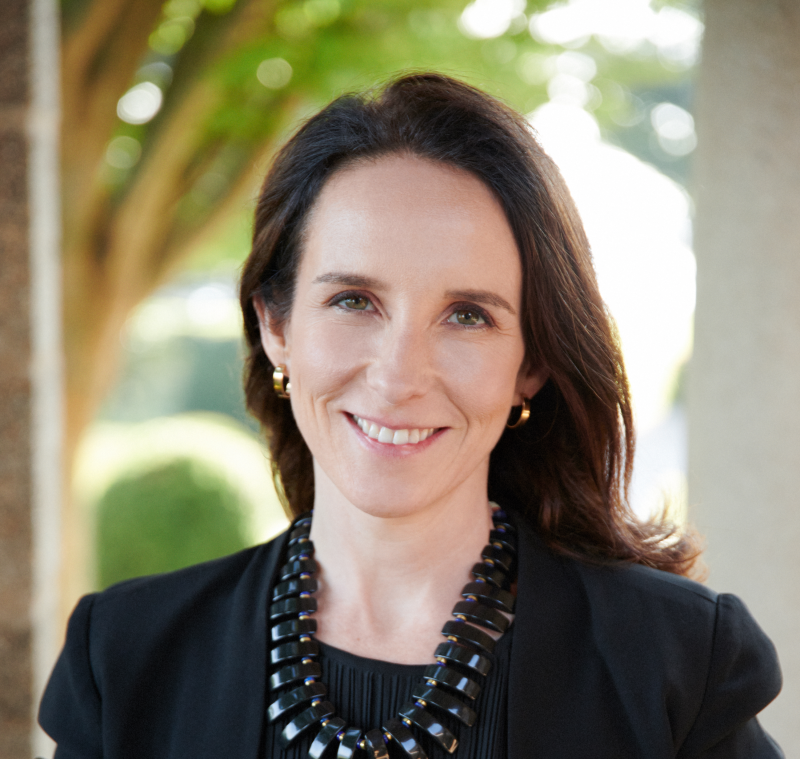
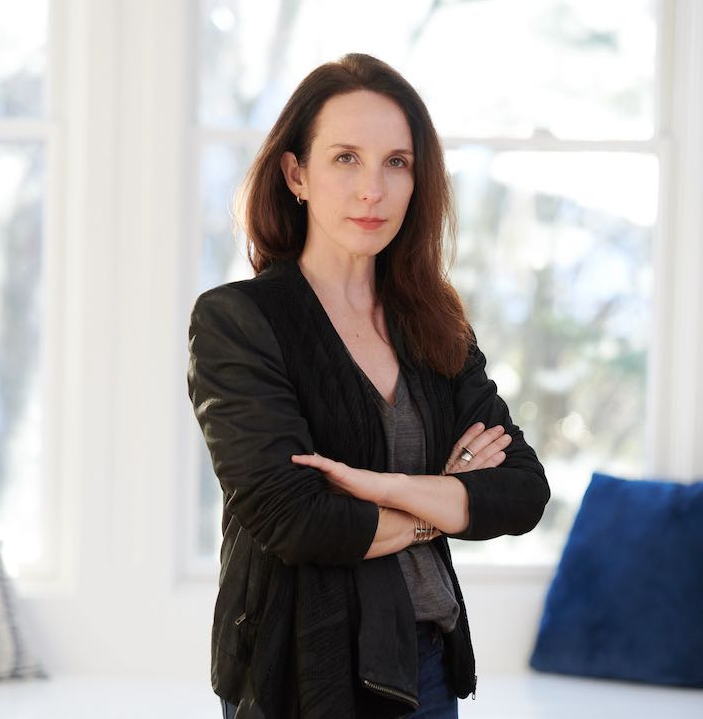
Meghan O’Rourke
NYT Bestselling Writer
National Book Award Finalist
Poet, Nonfiction Author, Editor
Editor of The Yale Review
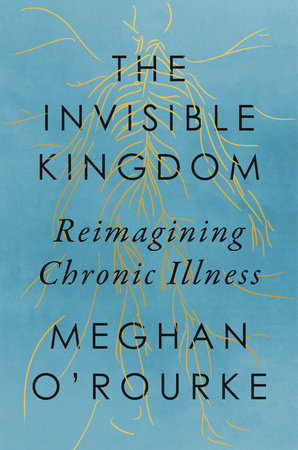
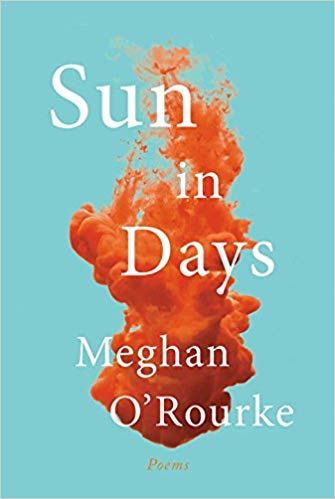
Readings &
Lecture Topics
- The Art of Editing: Revision & Publishing
- On Higher Education
- Chronic Illness & Medical Humanities: How We Think About Disease
- On Loss & Healing: Why We Write About Grief
- Careers in Public Writing: Magazines, Journalism, the Op-Ed
- The Role of Criticism In Our Times
- Contemporary American Poetry: John Ashbery
- An Evening with Meghan O’Rourke
Biography
“To face death without the architecture of belief may be devastating, but when endured by gifted writers, it results in a potent genre: the memoir of loss. Add to the canon the talented young writer Meghan O’Rourke.” —LA Times
“Fiercely and fearlessly rich, her lines burn like encaustic: ‘the burning thing.’” –John Ashbery
Poet, memoirist, and editor Meghan O’Rourke began her career as an editor at The New Yorker. She is the author of the bestselling The Long Goodbye (Riverhead, 2011), a memoir that captures the fleeting moments of joy that make up a life and shows us the way memory can lead us out of the jagged darkness of loss. The book which asks: What does it mean to mourn today, in a culture that has largely set aside rituals that acknowledge grief? O, The Oprah Magazine called The Long Goodbye the “Most Moving Book of 2011.” Her most recent book is The Invisible Kingdom (Riverhead, 2022), which was long listed for the National Book Award in Nonfiction. Eula Biss called the memoir, “a vivid account of the lived experience of chronic illness.”
Her three poetry collections are: Sun in Days (2017), a powerful collection about the frailty of the body, the longing for a child, and the philosophical questions raised when the body goes dramatically awry, which was a finalist for the Patterson Poetry Prize and a New York Times Best Poetry Book of the year; Once (2011); and Halflife (2007), which was a finalist for both the Patterson Poetry Prize and the Forward First Book Prize in the UK.
O’Rourke is the current editor of The Yale Review, and has served as culture editor and literary critic for Slate, and poetry editor for The Paris Review. O’Rourke’s essays, criticism, and poems have appeared in The New Yorker, The New York Times Magazine, The New York Times Book Review, The Nation, Poetry, The Kenyon Review, and Best American Poetry.
O’Rourke is the recipient of numerous awards, including a Guggenheim Fellowship, a Radcliffe Fellowship, a Lannan Literary Fellowship, two Pushcart Prizes, the inaugural May Sarton Poetry Prize, the Union League Prize for Poetry from the Poetry Foundation, and a Front Page Award for cultural criticism. O’Rourke served as a fellow at the MacDowell Colony and was a finalist for the Rome Prize of the Academy of Arts and Letters. A graduate of Yale University, O’Rourke has taught at Princeton, The New School, and New York University.
She is a graduate of Yale University, where she also teaches. Keep updated with O’Rourke’s work and writing life on her Substack.
Short Bio
Meghan O’Rourke, award-winning poet, nonfiction writer, and acclaimed editor, is the author of the poetry collections Sun In Days, Once, and Halflife, as well as the memoirs The Invisible Kingdom and The Long Goodbye. The recipient of a Guggenheim Fellowship, a Lannan Literary Fellowship, two Pushcart Prizes, and the inaugural May Sarton Poetry Prize, among her many other awards, O’Rourke writes for The New Yorker, The Atlantic Monthly, and is the editor of The Yale Review. She is a graduate of Yale University, where she also teaches.
Visit Author WebsiteVideos
Publications
The Invisible Kingdom
Memoir, 2022
Sun In Days
Poetry, 2017
Named a Best Poetry Book of 2017 by the New York Times Book Review, Sun in Days is celebrated as “O’Rourke’s most ravishing and brilliant collection yet.” This powerful poetry collection chronicles the frailty of the body, the longing for a child, and the philosophical questions raised when the body goes dramatically awry. These formally ambitious poems and lyric essays give voice to the experience of illness, the permanence of loss, and invigorating moments of grace. A Paterson Poetry Prize finalist, Sun in Days is unsentimental yet deeply felt, characterized by O’Rourke’s signature lyric precision and force of observation.
The Long Goodbye: A Memoir Of Grief
Memoir, 2012
What does it mean to mourn today, in a culture that has largely set aside rituals that acknowledge grief? After her mother died of cancer at the age of fifty-five, Meghan O’Rourke found that nothing had prepared her for the intensity of her sorrow. In the first anguished days, she began to create a record of her interior life as a mourner, trying to convey the paradox of grief—its monumental agony and microscopic intimacies—an endeavor that ultimately bloomed into a profound look at how caring for her mother during her illness changed and strengthened their bond. With lyricism and unswerving candor, The Long Goodbye captures the fleeting moments of joy that make up a life and the way memory can lead us out of the jagged darkness of loss.
Once
2011
The incandescent poems in Once explore loss, violence, and recovery. Facing a mother’s impending death, O’Rourke invokes a vanished childhood of “American houses, wet/ kids moving through them in Spandex bathing suits;/ inside, sandwiches with crusts cut off.” But the future hangs ominously over this summer paradise: not just the death of O’Rourke’s mother, but the stark civic traumas faced by American citizens in the 21st century. “The future,” O’Rourke writes, “is all still/ a dream, a night sweat to be swum off/ in a wonderland of sand a bread.”
Halflife
2007
The insomniac speakers in Halflife are coming of age in a mythical world full of threat and promise. Seeking their true selves amid the fallen cathedrals of America, they speak wryly of destructive love affairs, aesthetic obsession, and encroaching war, but refuse to abandon hope in the power of imagination in this inaugural poetry collection.
Articles & Audio
Read What’s In Print
• The End of the University as We Know It – New York Times
• COVID Long Haulers Are Calling Attention to Chronic Illnesses – Scientific American
• Read “Why We Write about Grief: A Conversation with Joyce Carol Oates”
• Review of The Long Goodbye —The New York Times
Listen to Audio
• Navesink —The New Yorker
Selected Writings
• Grappling With a Terrible Milestone: One Hundred Thousand Dead – The Atlantic
• Read “Doctors Tell All— and It’s Bad” – The Atlantic
• Read “Mourning Trump and the America That Could Have Been” — The New Yorker
• Read “A Father and a Daughter Talk About Loss” — The Huffington Post
• Read an excerpt of The Long Goodbye — The New York Times
• Read “Halflife” — Poetry Foundation
NAVESINK
Before he died, blind and emaciated,
my grandfather, who loved the opera,
told me sometimes
among the tall trees he walked and
listened to the sound
of a river entering the sea
by letting itself be swallowed.

